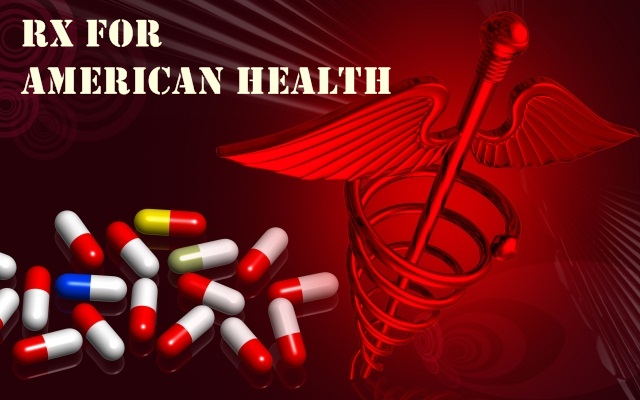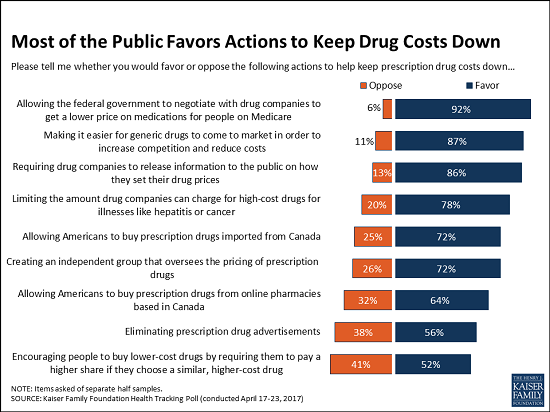Personal Importation of Brand-Name Drugs Primary Campaign Issue for Senators, Representatives
The cost of illness and denial of the rights of Americans to have access to good health is too immense for further delays especially when it is within the ability of Congress to offer a solution
ST. LOUIS, MISSOURI, USA, July 26, 2016 /EINPresswire.com/ -- The publisher of RxforAmericanHealth says that Election 2016 is an opportunity to demand the next Congress make the enactment of personal importation of brand-name prescription medicines a legislative priority.
— Daniel Hines
Daniel Hines explains that for more than a quarter-century, Americans have been victims of the predatory pricing practices of Pharma.
“It is time for a change! American patients can’t way any longer!,” he says, “especially when there is an answer—personal imporation can provide the touchstone for a bi-partisan approach to comprehensive legislation to allow Americans the health benefits of access to vital personally imported maintenance medicines that would otherwise be unaffordable.
“Such access could very well be a key to deterring the illness and physical deterioration that too often lead to more drastic devastating illness that will require specialty medicines,” Hines says.
“That is why AmericanRxBillofRights has submitted its Articles defining the rights of Americans to enjoy the health and personal well-being benefits of access to safe, affordable prescription brand-name medicines from licensed, registered pharmacies from Tier One Countries whose standards of efficacy and safety meet or exceed those of the U.S. before Representatives, Senators and even the Platform Committees of the Republican and Democratic parties, “ he continues.
Hines says the challenge lies with our political leadership.
“The Presidential candidates have offered their support of many of the provisions laid out in the AmericanRxBillofRights. It is now the voters who must call out their Congressional candidates to demand answers about the harmful impacts of the predatory pricing practices of Pharma.”
He outlines the results of the failure of Congress to act:
Result #1—A denial for millions of Americans to be able to exercise their right to the health benefit made possible from access to a regimen of vital life-line brand-name medicines, simply because they are unaffordable;
Result # 2—The ‘hoped-for’ answer to the scourge of unaffordable medicines—generic medicines—have seen price spikes that have made many of them equally unavailable to American patients;
Result # 3—Literally millions of Americans suffer from diseases—many of them life-threatening—raising the question of a possible link to the cause-effect impact of unaffordable but vital maintenance medicines that could have benefitted patients and deterred the harmful effects of their disease;
Result # 4—Pharma raises prices, on specialty medicines to thousands of dollars for treatments, even though many of the costly medicines are older, lower-cost medicines, and manufacturers are simply taking advantage of the illness of Americans;
Result # 5—Congress becomes indignant, holds hearings, witness testify, advocacy groups coalesce to ‘address’ price challenges, but…prices remain high, Congress continues with more hearings…and Americans continue to pay the highest prices in the world…WHY?;
Result #6--Because Pharma and its allies in the House of Representatives and the U.S. Senate who are the beneficiaries of Pharma’s extensive contributions have controlled the discussion on how to lower prescription and health care costs while Pharma continues to rake in obscene profits, and American patients continue to be denied their medicines.
He then suggests that voters demand answers to a series of questions from Representatives, Senators and candidates:
1. In light of the wide-spread bi-partisan support of personal importation for at least 16 years, sponsorship and support of legislation from the leadership of both political parties including the President, and the three major candidates of the Democratic and Republican Party this year, why has there been no adoption of personal importation;
2. If the answer is the ‘certification’ of the safety of the medicines by the Secretary of Health and Human Services, could you please provide the names and responsibilities of other Cabinet members who are legislatively made personally responsible for certifying the health impact of regulations, decisions, policies of their particular departments?
3. There are many groups that are being formed to ‘study’ the harmful impacts of recent price increases such as the spike in generic drug costs, and, of specialty medicines. Many of you have exhibited leadership in hearings about these issues. Unfortunately, the new groups being formed will require time—perhaps more than a year—to develop a consensus on the scope of the problems. Strategies to address the challenge of high prices will take even longer, ironically, since enactment of legislation to allow personal importation can offer immediate relief.
4. And, this leads to a final set of questions:
a. If you are not a sponsor or co-sponsor of a bill to allow personal importation, why not? If you are a supporter of personal importation, why do you believe your efforts have not gained traction?
b. Have you received contributions from the Pharmaceutical industry?
c. Does the problem lie within Congress itself? For years, the Democrats controlled the House and Senate. Now, the Republicans have had control of the House and Senate for six years, and have failed to even bring the issue to a vote. Does this indicate that politics take precedence over the health of your constituents?
d. Irrespective of the cause, what is your strategy to advance the case for personal importation and lowering prescription drug costs?
e. Are there stumbling blocks that public action by advocacy groups and the millions of Americans for whom personal importation is a vital lifeline, can help remove?
“Relief will come only when the American voter finally speaks up and takes the initiative to clearly demand that Congress act, “ Hines says. “Americans pay the highest costs for prescription medicines in the world. We truly Can’t Wait anymore. The cost in terms of illness, costs, and denial of the rights of Americans to have access to good health is too immense for further delays especially when it is within the ability of Congress to offer a solution.”






